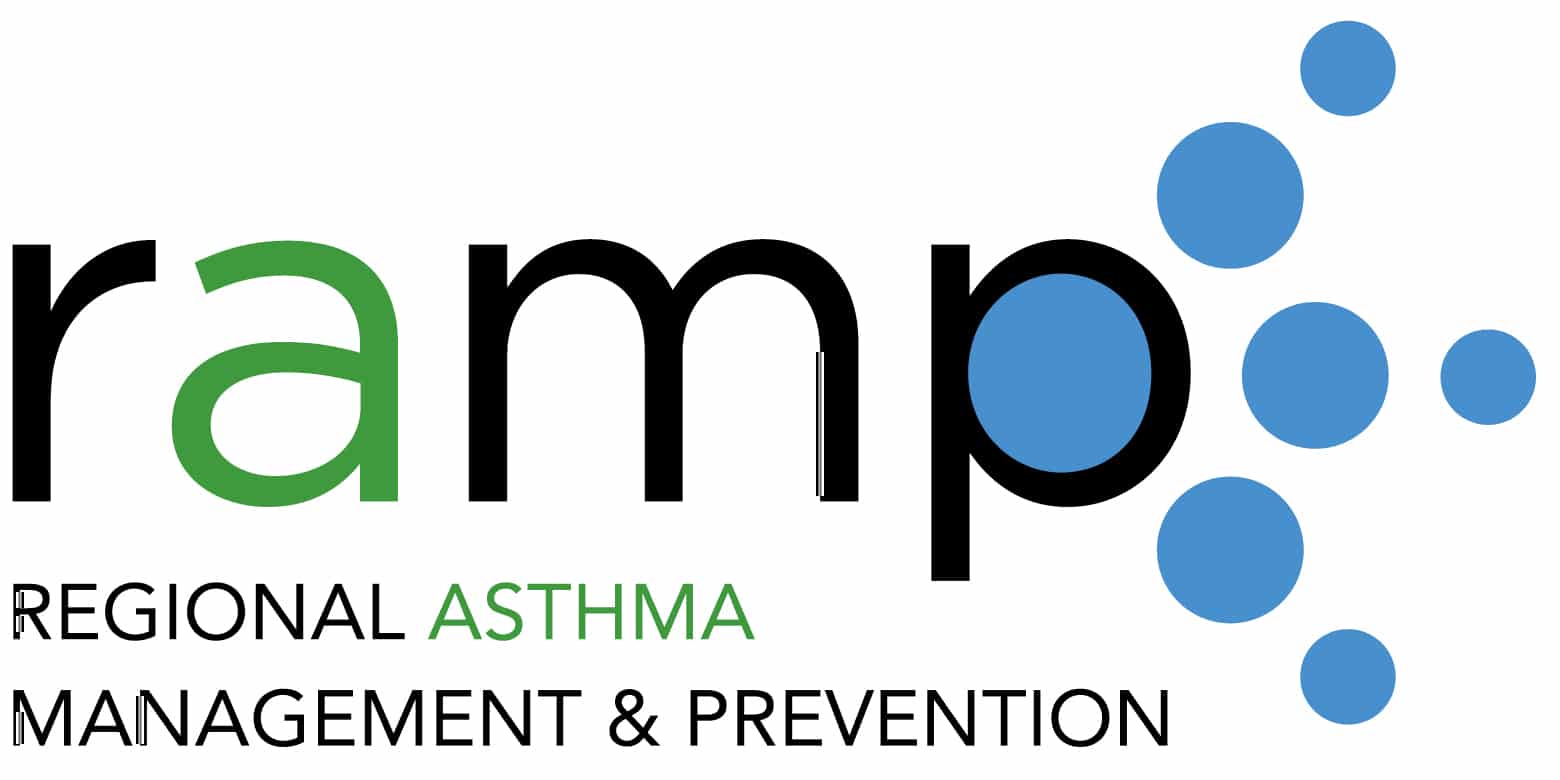
Schools Tools & Publications

Addressing asthma in schools is critical for improving the health of school-aged children. A comprehensive approach to asthma management in schools includes student and staff education, identification and support for students with asthma, and promoting healthy indoor and outdoor environments.
While much of the work to address asthma in schools has been led by RAMP’s partners working directly with schools and school districts, we have developed several tools primarily focused on reducing environmental asthma triggers at schools.
RAMP’s School Resources
Central to national clinical guidelines is the recommendation that clinicians develop a written asthma action plan in partnership with the patient/family. RAMP, along with our clinical partners, developed asthma action plans, aligned with clinical guidelines, which are available at no-cost and in four languages: English, Spanish, Chinese, and Vietnamese.
While many school-based health centers (SBHCs) across the country are already playing a key role in helping students manage their asthma by providing quality clinical care and education, there is an opportunity for SBHCs to also be leaders in managing the environmental factors that make asthma worse. The purpose of this guide, developed in partnership with the California School-Based Health Association, is to support school-based health center staff in leading or supporting evidence-based strategies and promising practices to reduce exposure to environmental asthma triggers.
RAMP created this report on green cleaning in schools to highlight one important and effective way to improve air quality in schools, which creates healthy environments in which students can learn and teachers can teach. The report includes case studies of school districts that have been leaders in promoting asthma-friendlier cleaning.
RAMP created this tool to highlight school-based health centers that have successfully implemented interventions to reduce environmental asthma triggers.
This tool, highlighting recommendations for schools to address wildfire smoke, was produced by the Action Lab for Planetary Health at the Stanford Center for Innovation in Global Health and highlights research conducted at the Stanford Sean N. Parker Center for Allergy & Asthma Research. Tool development was supported by many organizations, including RAMP.
Partnering with PHI’s Dr. Gina Solomon, with support from The Rose Foundation for Community Empowerment, we developed this document to help schools select safe, effective, affordable air cleaners (also known as air purifiers).
RAMP and the California School-Based Health Association supported twenty-seven school-based health centers across the country in implementing these asthma environmental interventions. This document shares lessons learned, best practices, and tips for success.
RAMP Spotlight: Supporting School-Based Health Centers
From 2014-2020, with support from the U.S. Environmental Protection Agency, RAMP worked with School-Based Health Centers (SBHCs) across the country to address environmental asthma triggers. Research shows that SBHCs are already leaders in the clinical management of asthma. SBHC clients are: less likely to go to the emergency department or be hospitalized due to asthma; less likely to have asthma-related restricted activity days; and less likely to miss school as a result of asthma. We believe that SBHCs are uniquely positioned to also be leaders in the environmental management of asthma given their close connection to families, schools, and communities, and developed tools to support them.



